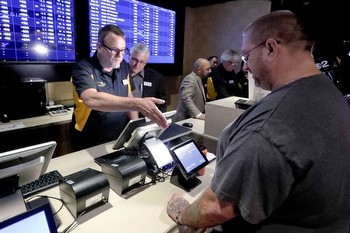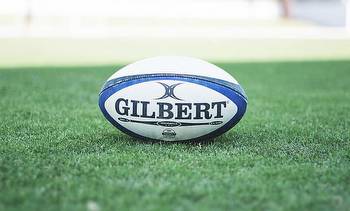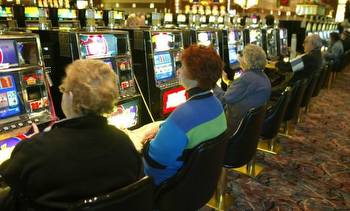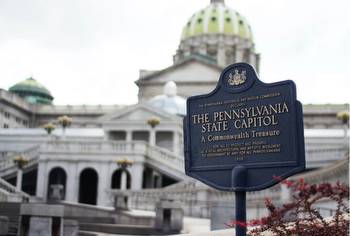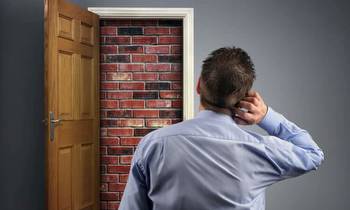PA Gaming Control Board Enhances Self-Exclusion Tools to Assist Individuals with a Gambling Disorder

HARRISBURG: The Pennsylvania Gaming Control Board (“Board”) today announced it has launched a more user-friendly online system that enables individuals with a gambling disorder to self-exclude from participating in any gambling activity regulated by the Board.
The Self-Exclusion Program began in 2006 to permit individuals to ban themselves from entering and gambling at Pennsylvania casinos. The program was expanded after the passage in 2017 of the Gaming Expansion Act. Three additional self-exclusion programs are now available for iGaming (including online sports wagering), Video Gaming Terminals (VGTs) at truck stops, and online Fantasy Sports.
While a person is self-excluded, gaming facilities and operators in the Commonwealth must refuse wagers from and deny any gaming privileges to that person. If an individual on a list is found to be participating in gaming activities in Pennsylvania, they may be charged with criminal trespass and any gambling winnings are confiscated.
Individuals who wish to enroll online for a self-exclusion program can now simply complete the enrollment online by going to https://responsibleplay.pa.gov. At that site, individuals can:
- enroll in one, several, or all self-exclusion programs;
- request removal from the casino self-exclusion program;
- extend the period of their self-exclusion ban period;
- view their self-exclusion documents and status in real-time;
- update their personal information (i.e. name change/address change); and,
- access links to gambling disorder information and the helpline.
For identity verification purposes and to ensure confidentiality, individuals enrolling in a self-exclusion program must upload a “selfie” picture, a picture of their photo ID, and must receive Lexis Nexis verification during the enrollment process.
The Self-Exclusion programs are just one of the ways in which the Board’s Office of Compulsive and Problem Gambling (“OCPG”) is making sure that gaming is fair and safe. The Director of the OCPG also ensures that the casinos and the online gaming operators have an approved compulsive and problem gambling plan. Each plan details:
- the training of casino and online operator employees on the signs and symptoms of gambling disorder and responsible gaming programs;
- policies and procedures on identifying those with potential harmful behavior and the identification and removal of underage, self-excluded, and excluded individuals who have engaged in gaming activities;
- responsible advertising policies;
- the casino and online operator’s participation in outreach programs.
In addition, all online games (casino-type, sports wagering and fantasy) have options on their sites that would enable the player to place self-imposed limits on deposits, wagers, spend and play time.
The OCPG has also worked with the PGCB’s Office of Communications to develop the public health educational campaigns, “What’s Really at Stake” and “Don’t Gamble with Kids.”
For more information on available treatment services, including state funded one-on-one counseling services and Gamblers Anonymous schedules, visit the OCPG’s website, www.ResponsiblePlay.pa.gov, or call 1-800-GAMBLER, text 800GAM, or chat through http://www.1800gamblerchat.org/.







.jpg)
